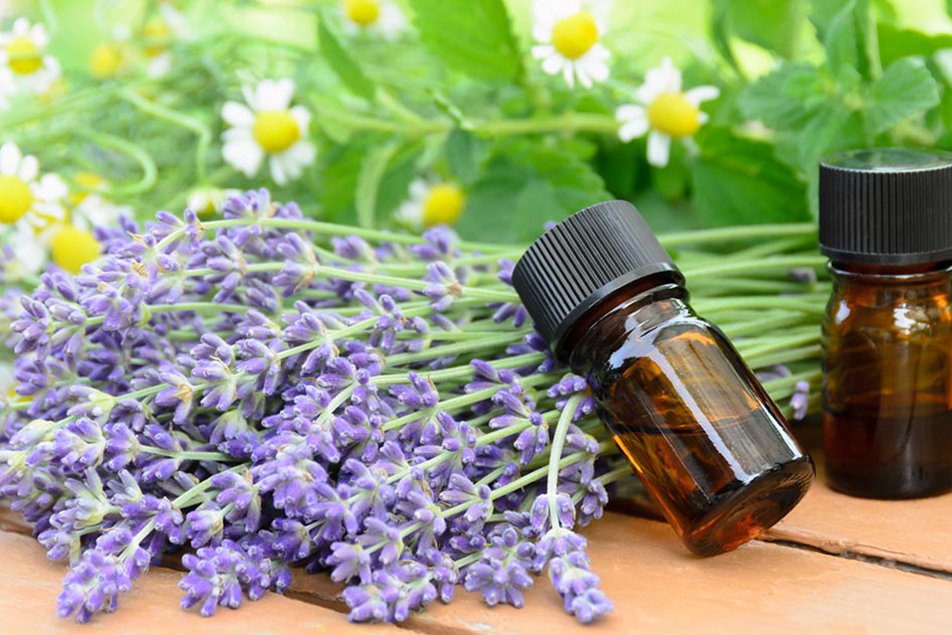In today’s fast-paced world, mental wellness has become a paramount concern for millions seeking natural, holistic approaches to emotional balance. Aromatherapy, the therapeutic use of essential oils extracted from plants, has emerged as a powerful complementary therapy for supporting mental health. This ancient practice engages our most primal sense—smell—to influence the brain’s limbic system, which governs emotions, memory, and behavior.
Research demonstrates that aromatherapy can significantly reduce anxiety levels, with studies showing an average decrease of 6.63 points in State Anxiety Inventory scores. As healthcare professionals increasingly recognize the mind-body connection, aromatherapy offers a scientifically backed, accessible tool for enhancing psychological well-being alongside traditional treatments.
Understanding the Science Behind Aromatherapy
How Essential Oils Affect the Brain
The therapeutic power of aromatherapy lies in its direct connection to the brain’s emotional center. When essential oils are inhaled, aromatic molecules travel through the olfactory system and send signals directly to the limbic system. This region of the brain is responsible for processing emotions, forming memories, and regulating behavior, making it the perfect target for aromatherapy interventions.
The oils activate specific brain areas, including the hypothalamus, which triggers the release of feel-good neurotransmitters like serotonin. This neurochemical response explains why certain scents can instantly shift our mood or transport us to cherished memories. Research indicates that essential oils can stimulate the release of neurotransmitters such as serotonin and dopamine, which are associated with happiness and emotional well-being.
Physiological Benefits for Mental Health
Aromatherapy produces measurable physiological changes that support mental wellness. Studies show that essential oil inhalation can reduce systolic blood pressure by an average of 6.83 mmHg and decrease heart rate by 3.43 beats per minute. These cardiovascular improvements directly correlate with reduced stress and anxiety levels.
Essential oils like lavender have been shown to lower cortisol levels, the body’s primary stress hormone. This biochemical shift promotes relaxation and helps regulate the body’s stress response system. Additionally, aromatherapy can increase peripheral blood lymphocytes, suggesting potential immune system benefits that complement mental health improvements.
Key Essential Oils for Mental Wellness

Anxiety and Stress Relief
Lavender stands as the most researched essential oil for anxiety management. Its calming properties help reduce nervousness and promote relaxation. Clinical studies consistently demonstrate lavender’s effectiveness in lowering anxiety scores and improving sleep quality.
Bergamot offers mood-lifting properties that can reduce stress levels and promote emotional balance. This citrus oil has been shown to decrease heart rate and improve blood pressure in high-stress situations.
Chamomile provides gentle anxiety relief and is particularly effective when applied topically or used in aromatherapy massage.
Depression and Mood Enhancement
Jasmine has shown remarkable effectiveness in reducing anxiety scores, with research indicating a reduction of 13.61 points in anxiety measurements. Its uplifting properties make it valuable for mood enhancement.
Frankincense promotes mental clarity and emotional stability, making it beneficial for meditation and stress reduction. It helps calm the mind and enhance focus during therapeutic practices.
Citrus oils, including lemon and sweet orange, possess natural antidepressant properties that can help alleviate symptoms of depression and enhance mood.
Practical Applications and Methods
Integration with Conventional Treatment
Aromatherapy serves as an excellent complementary therapy alongside traditional mental health treatments. It should not replace prescribed medications or professional therapy but can enhance the effectiveness of conventional approaches. Healthcare professionals increasingly recommend aromatherapy as part of comprehensive treatment plans for anxiety, depression, and stress-related disorders.
Application Methods
Inhalation proves to be the most effective delivery method for mental health benefits. This can be achieved through diffusers, personal inhalers, or direct inhalation from bottles.
Topical application through massage or diluted skin application provides both aromatherapy benefits and the therapeutic touch of massage.
Environmental diffusion creates calming spaces that support ongoing mental wellness throughout daily activities.
Evidence-Based Benefits
Recent meta-analyses provide compelling evidence for aromatherapy’s mental health benefits. A comprehensive review of 32 clinical trials found that aromatherapy demonstrated a moderate effect size for reducing depressive symptoms. The research showed that blended essential oils were more effective than single oils, and inhalation proved superior to other delivery methods.
Studies involving 44 randomized controlled trials confirm aromatherapy’s significant impact on anxiety reduction. The research demonstrates consistent physiological improvements, including reduced blood pressure and heart rate, alongside psychological benefits.
Aromatherapy represents a scientifically validated, accessible approach to supporting mental wellness. By harnessing the power of plant-based essential oils, individuals can complement traditional mental health treatments with natural interventions that address both psychological and physiological aspects of well-being. As research continues to validate its effectiveness, aromatherapy stands as a valuable tool in the holistic approach to mental health care.

